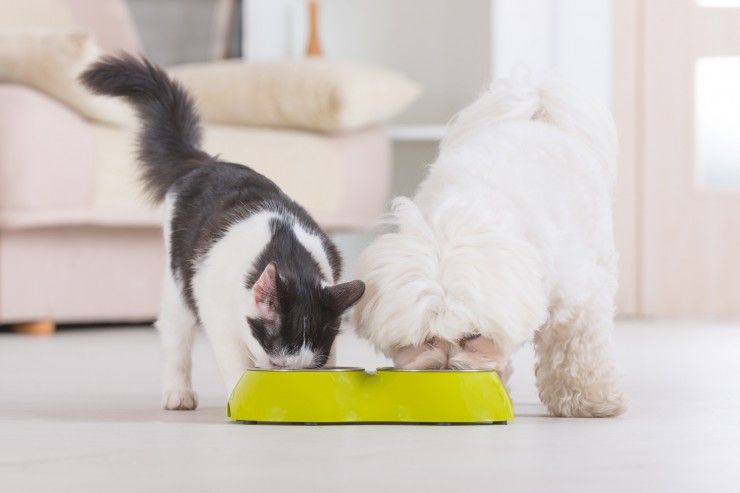Horses have fragile immune and digestive systems so it is important to understand that they can get sick easily. If problems aren’t dealt with, a simple problem could turn into a fatality, which is something that no one would ever want. Learning how to recognise and deal with issues that could come up in your horse could save its life. Whether it’s administering a horse wormer such as Equest Pramox, or getting an oil treatment to clear an intestinal blockage before it turns to colic, it is your responsibility to keep your horse in good health.
Recognise that something is wrong
The first and most important part of reacting when your horse gets sick is recognising that something is wrong. Whether the problem is as minor as a parasitic infection that you can solve with equine wormers or as bad as laminitis in the hooves, it’s important that you recognise the signs and symptoms. Horses will usually change their behaviour when in pain so whether they are walking differently, laying down often, have bloating, are biting or scratching, or even having trouble with bowel movements, it’s important that you see the change. You can talk to your vet about common horse problems and how to recognise the symptoms, or you can use the Internet.
Get Professional Help
Once you have recognized that something is wrong you have to get professional help. Getting a correct diagnosis is important for your horse’s health. For example, if they seem to be having stomach pain you might dose them with an equine wormer such as Equest Pramox, this is all well and good if the horse has worms, but if he has colic, the wormer won’t do a thing. Get a professional diagnosis and recommendation for your horse before you do anything.
Try to Minimise Future Problems
If you’re like most horse owners, you don’t mind doing a little extra work to save your horse an illness. You can minimise the risk of health problems in your horse by taking a few precautions now. Keeping stable or barn dry and clean can help to prevent heaves and breathing problems, picking out the hooves and keeping them clipped can help to prevent hoof problems. Cleaning up manure from around pastures once a week can help keep worms and parasites to a minimum, especially when combined with a regular dosing of horse wormers such as an Equest Pramox year pack. Finally, regulating eating habits, making sure that your horse doesn’t eat too much, and ensuring that your horse is getting plenty of clean water can keep problems like colic to a minimum. Accidents can still happen so it is important to stay prepared and remember to watch for symptoms.
If you need horse wormers such as Equest Pramox, try looking online for a great selection, and good deals.

 Can Dogs Eat Cat Food Long-term?
Can Dogs Eat Cat
Can Dogs Eat Cat Food Long-term?
Can Dogs Eat Cat
 Yorkiepoo, Yorkapoo, Yoodle ... A Unique Mixed Breed Dog
Yorkiepoo, Yorkap
Yorkiepoo, Yorkapoo, Yoodle ... A Unique Mixed Breed Dog
Yorkiepoo, Yorkap
 Understanding The Vision Of Dogs - What Does Your Dog See?
Understanding The
Understanding The Vision Of Dogs - What Does Your Dog See?
Understanding The
 Who In The Dog World Is Stanley Coren?
Who In The Dog Wo
Who In The Dog World Is Stanley Coren?
Who In The Dog Wo
 Does The Italian Greyhound Make For A Good Pet?
Does The Italian
Does The Italian Greyhound Make For A Good Pet?
Does The Italian